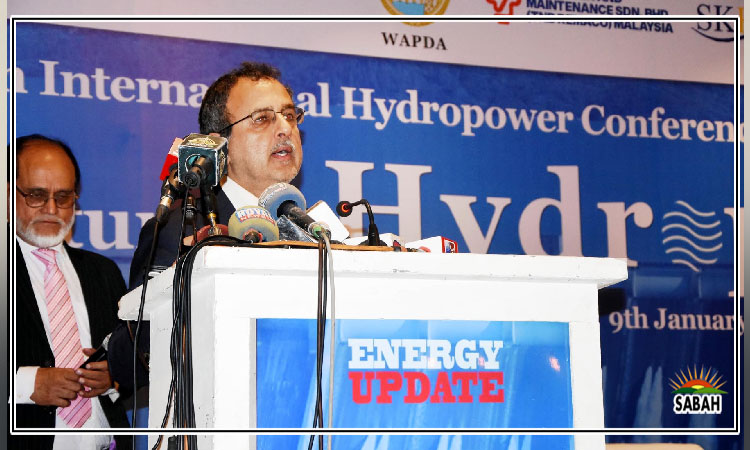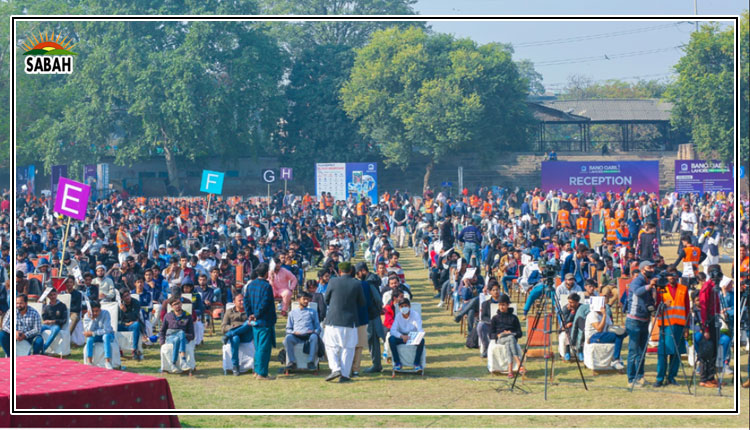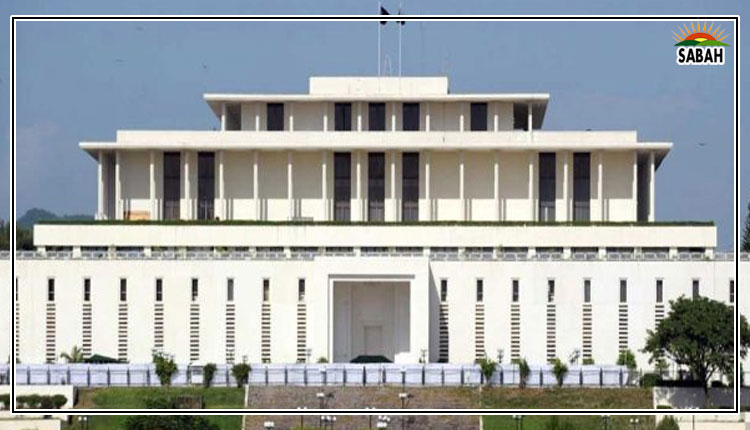Kishida in a tight corner….Dr Imran Khalid
When the Liberal Democratic Party (LDP) triumphed in Julys election to the Upper House of the National Diet of Japan, many political analysts were predicting three golden years for Japanese Prime Minister Fumio Kishida because of the fact that next general elections would take place in December 2025.
The term golden period implied that there was no imminent threat to the Kishida regime, neither from the opposition nor from inside the LDP. It was expected that PM Kishida would have a smooth run in the absence of a possibility of major election in the next three years and he would have an opportunity to strengthen his position by focusing on policy matters without the fear of any backlash from backbenchers of the LDP.
However, the ecstasy of resounding victory in the election did not last for more than a few days and Kishida had to face a sudden nose-dive in his popularity due to the new scandal about the LDPs links to the Unification Church, a controversial religious movement. The assassination of former Japanese prime minister Shinzo Abe was the starting point of this new scandal that has seriously eroded Kishidas approval ratings. When Shinzo Abe was assassinated during an election campaign in Nara in July, media reports emerged that his killer had a personal vendetta against the Unification Church, which has extensive connections to LDP legislators.
After Abes assassination, dozens of reports about the victims of the Unification Church and the suspected influence that the Church has over the LDP started making rounds in the media. These revelations literally shook the country and triggered immense public pressure on the government to strip the Churchs preferential treatment as a religious organization.
Intense public pressure compelled Kishida to reshuffle his cabinet and expel cabinet members who allegedly had some links with the Church. Furthermore, in addition to cosmetic face-lifting of the cabinet, Kishida also announced the initiation of investigations against the church and also launched the formal process of dissolving the Church as a legitimate religious organization.
Until the Church scandal surfaced and attracted national attention, Kishidas approval rating was much better than some of his recent predecessors particularly his handling of the Covid-19 episode earned him accolades from the general public. But the Church scandal exposed his inability to respond promptly to the abrupt problems. In addition to the LDP lawmakers linkage with the Unification Church, Kishidas decision to arrange a state funeral for Shinzo Abe further fueled public resentment and culminated in a free fall of his approval rating that touched 22 per cent in a poll.
Amid such plummeting popularity, Fumio Kishida took two major steps in this month: increment in the defence budget equal to two per cent of GDP by 2027and the release of the new Security Strategy document. But within a week after announcing his ambitious increase in the defence budget – and new taxes to offset the impact of increased defense spending on the exchequer he was forced to slobber in the face of unexpectedly very severe resistance from within his own party.
Interestingly, the ruling Liberal Democratic Partys tax panel in principle nodded in favour of the tax hike to facilitate Kishidas objective of increased defense spending, however, the final draft did not elaborate the specific time frame when the new taxes will be levied, leaving many questions unanswered. Kishida, who had been advocating for implementation of new tax regime in step-wise phases in view of intense opposition from the LDP members who suggested that he should consider issuing government bonds to at least muffle some of the increase, was compelled to retreat his proposal for a specific timetable for tax hikes to compensate for the defence spending of 43 trillion yens over the next five years, starting in the 2023 fiscal year.
Prime Minister Kishida, a former banker, and supporters within the finance ministry, did not want to opt for issuing new bonds. As per the Finance Ministry forecast, by the end of the current fiscal year, government debt will cross one quadrillion yens, or 262.5 per cent of GDP, the highest among the G7 industrialized nations. One of the key reasons for the opposition within the party to a tax increase was concern it could instigate a voter backlash against the LDP candidates in Aprils nationwide elections for local government posts.
The resistance to Kishidas tax increase plan and the push for new bonds instead was spearheaded by the key members of the Abe-faction within the LDP. Abe had always been an ardent advocate of an increase in defence spending paid for with government bonds and a corporate tax cut that he argues would stimulate growth without burdening future generations with additional debt.
These pro-Abe elements are pressing Prime Minister Kishida to find new ways to tackle the situation. Against the backdrop of indefinite halt in the tax increase plan and continuous decline in approval rating, Kishida is certainly playing on the back foot in one of the most intense LDP internal power struggles since the partys heavyweights colluded against prime minister Taro Aso in 2009 which led the LDP into disarray and it was voted out of power the same year.
There are many aspirants within the LDP in fact, inside Kishidas cabinet who are vying for the top slot. Digital Minister Kono Taro and Minister of Economic Security Takaichi Sanae both contested against Kishida in the 2021 LDP presidential race and have never kept their desire secret that they would want to succeed Kishida someday. Similarly, LDP Party Secretary General Motegi Toshimitsu has divulged his intentions to run for LDP president in the near future, too. Some of Kishidas detractors are even pinning their hopes on former prime minister Suga Yoshihide, who has improved his stature within the party after his quitting as party leader although Suga has declined to re-enter the race to replace Kishida.
It is hard to imagine that Kishida would have survived such a fragile scenario politically if the general elections were near. His predecessor, Suga Yoshihide was still in better situation than him but still he was forced to relinquish leadership by LDP backbenchers one of them was Kishida himself due to a uniform consensus within the party that Sugas presence at the helm would lead the LDP to electoral defeat. However, to his favour, the general elections are still three years away and the opposition is unable to cobble together a unified front against the LDP. These factors are shielding Kishida from any major threat to his tenure at the moment.
Although the results of the forthcoming local elections are not likely to immediately impact the LDPs power, if a tangible number of seats are lost on the prefectural level, it will certainly have negative implications for the long-term electoral strength of the LDP. As per the intrinsic structure of Japans electoral model, when national elections are held, policymakers at the prefectural level play a crucial role in the electoral campaign, utilizing their preexisting ties with the voters in local constituencies to mobilize support for national candidates. In case these vanguards for the LDP are defeated in the upcoming local elections, it would seriously threaten the LDP Diet members who will be challenged in their future national election campaign due to diminished manpower at the prefectural level.
Luckily, even if the LDP performs miserably in the forthcoming regional elections, Kishida still has enough time on his sleeves to salvage his position before the LDP presidential elections in September 2024. He will have one more year to prepare for the general elections scheduled to be held in December 2025.
The writer is a freelance contributor.
Courtesy The News












